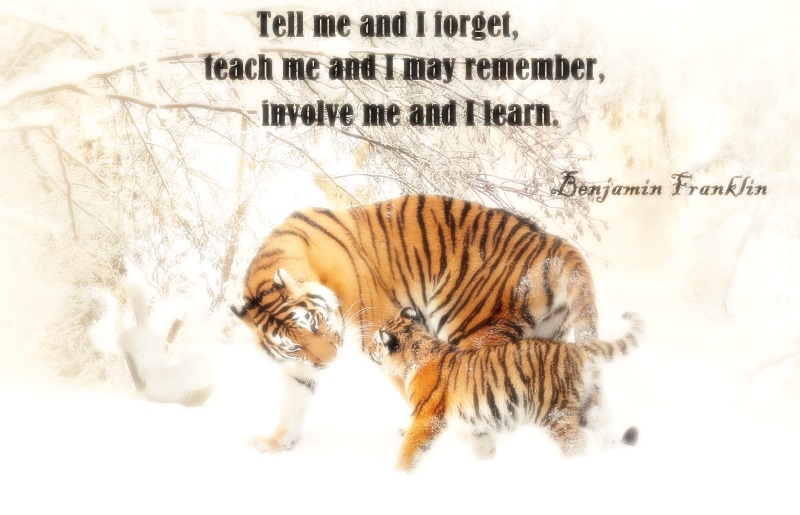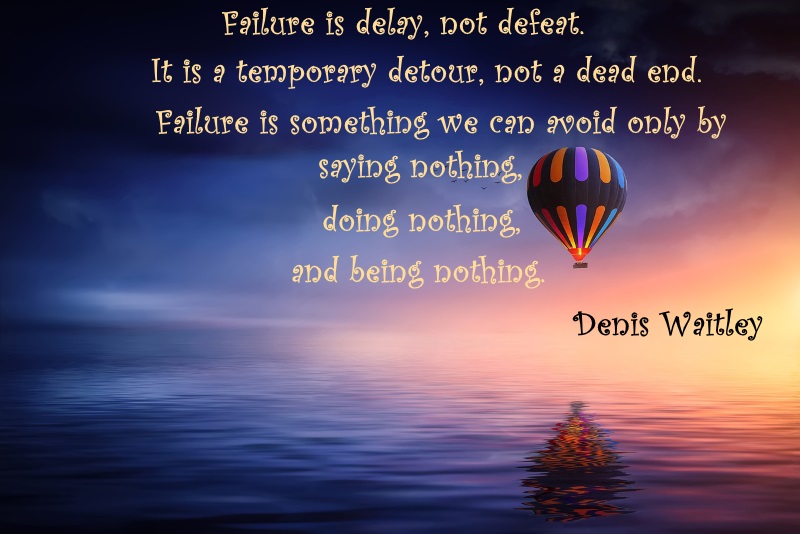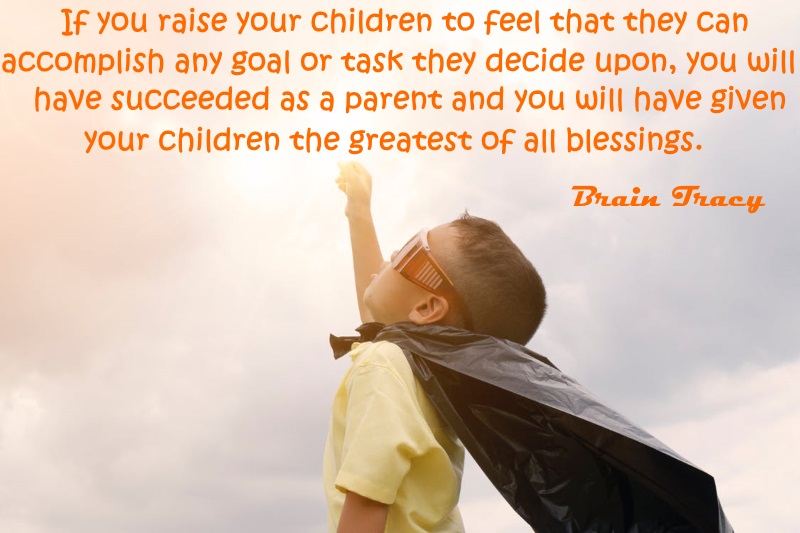
Yes, regular readers of my blog know I don’t advocate blame. Parenting style does have a major impact on a child’s development, but you can’t spend the rest of your life blaming your parents for your hang-ups or unhappiness. At some point, you have to take full control of your personal growth. However, I write this blog because it’s important for parents to understand the significance of their influence over a child. As a parent, you can either build your child’s self-esteem or you can singlehandedly destroy it.
I was inspired by a recent conversation I had at my hairdresser’s, the source of inspiration of many of my blogs. We had struck up a conversation about Valentine’s, when a young customer mentioned how heartbroken she was that her boyfriend broke up with her 3 weeks before Valentine’s.
“I’m sorry,” I said, as I tried to console her. “How long were you together?”
“A month,” she responded tearfully. “I’m never going to find love again.”
After she left, I mused out loud to my hairdresser:
“Sometimes, I’m glad my parents were so tough on me. If I were the type of person who falls to pieces after being with someone for only a month, I don’t think I’d be able to survive in this world.”
“Kids these days!” an older woman piped in. “They’re not tough! I blame their parents. They’re too soft on kids!”
I didn’t think it was a matter of being soft. But there has to be a connection between how a child deals with disappointment, challenges, and failure, and how they were raised. And I found the connection: Recent research we conducted at Queendom reveals that parents who take a supportive yet proactive approach when a child fails – offering them advice, tutoring them, helping them study – are more likely to raise children who are ambitious, confident, and self-motivated. Children whose parents punished failure, however, grew to fear it.
After collecting data from 1,304 people who took our Ambition Test, I divided the sample into four groups:
- The Punishment Group: Comprised of children (of all ages) whose parents used punishment when they failed (e.g. grounding them, taking away privileges, chastising them, etc.).
- The Dismissive Group: Comprised of children whose parents didn’t care or didn’t make a big deal of failure.
- The Hands-on Group: Comprised of children whose parents took a direct and participative approach to failure (e.g. working side-by-side with the child to help them learn the material, offering study tips, tutoring them or finding a tutor, etc.).
- The Supportive Group: Comprised of children whose parents did not get angry when they failed, but who also did not let them off easy. Parents in this group were firm yet encouraging (e.g. “Try harder, study more, practice more,” etc.).

Aiming for or have already achieved the highest possible education in their field
- Punishment Group: 62%
- Dismissive Group: 57%
- Hands-on Group: 65%
- Supportive Group: 69%
Strive to achieve top honors at school/work
- Punishment Group: 51%
- Dismissive Group: 51%
- Hands-on Group: 66%
- Supportive Group: 58%
Receive good performance ratings at work
- Punishment Group: 57%
- Dismissive Group: 51%
- Hands-on Group: 56%
- Supportive Group: 59%
Satisfied with their job
- Punishment Group: 36%
- Dismissive Group: 34%
- Hands-on Group: 51%
- Supportive Group: 49%
Enjoy intellectual stimulation
- Punishment Group: 54%
- Dismissive Group: 53%
- Hands-on Group: 66%
- Supportive Group: 63%
Enjoy learning new skills
- Punishment Group: 58%
- Dismissive Group: 53%
- Hands-on Group: 61%
- Supportive Group: 61%
Have goals in mind that they would like to achieve
- Punishment Group: 82%
- Dismissive Group: 75%
- Hands-on Group: 85%
- Supportive Group: 84%
Believe that they can achieve whatever they set their mind to
- Punishment Group: 77%
- Dismissive Group: 77%
- Hands-on Group: 85%
- Supportive Group: 82%

Have turned down opportunities for fear of not being able to live up to the challenge
- Punishment Group: 42%
- Dismissive Group: 34%
- Hands-on Group: 23%
- Supportive Group: 25%
Are surprised/shocked when they excel at something or do well on an assignment
- Punishment Group: 38%
- Dismissive Group: 35%
- Hands-on Group: 33%
- Supportive Group: 30%
Will give up on a goal as soon as they hit the first obstacle
- Punishment Group: 17%
- Dismissive Group: 14%
- Hands-on Group: 6%
- Supportive Group: 8%
Shy away from challenges
- Punishment Group: 14%
- Dismissive Group: 15%
- Hands-on Group: 9%
- Supportive Group: 9%
Motivated to improve themselves
- Punishment Group: 73%
- Dismissive Group: 74%
- Hands-on Group: 84%
- Supportive Group: 80%
Strive to practice healthy lifestyle habits
- Punishment Group: 49%
- Dismissive Group: 57%
- Hands-on Group: 61%
- Supportive Group: 50%
Achieve their New Year’s resolution
- Punishment Group: 20%
- Dismissive Group: 20%
- Hands-on Group: 32%
- Supportive Group: 25%
The thing is, we’ve known for decades that parenting style has a significant impact on a child’s development, but it seems that the debate lingers: Which parenting style is best? I can just picture new parents standing in a bookstore aisle, a pile of parenting books in their arms, a confused look on their face as they scan the different titles. “Toughen your kids with tough love!” “Love your child into good behavior!” “Free-range kids grow up happier!” “Spare the Rod! Use this type of hands-on parenting!”
Some parents are afraid that if they’re too lenient, their children will be wild, lazy, or difficult to control. Others worry that if they’re too tough, their child will grow to resent them, or rebel. In an age of “helicopter parenting” and in light of backlashes against purportedly “self-entitled” Millennials, what the heck is a parent supposed to do? Well, what I can tell you is what the tons of research says: The long-standing trend is that hands-on and supportive parenting tends to yield the most benefits. This means being firm and setting boundaries, but also being supportive and offering encouragement. Children reared under this parenting approach tend to be happier as well as more confident, ambitious, and perseverant.
What matters more than anything, however, is this: You have to model the behavior that you want to see in your child. Children who are loved grow to love themselves. Children who are punished often grow up to punish themselves in a number of ways. If you want to build a child up to be the best they can be, you have to use the right foundation.

Insightfully yours,
Queen D

